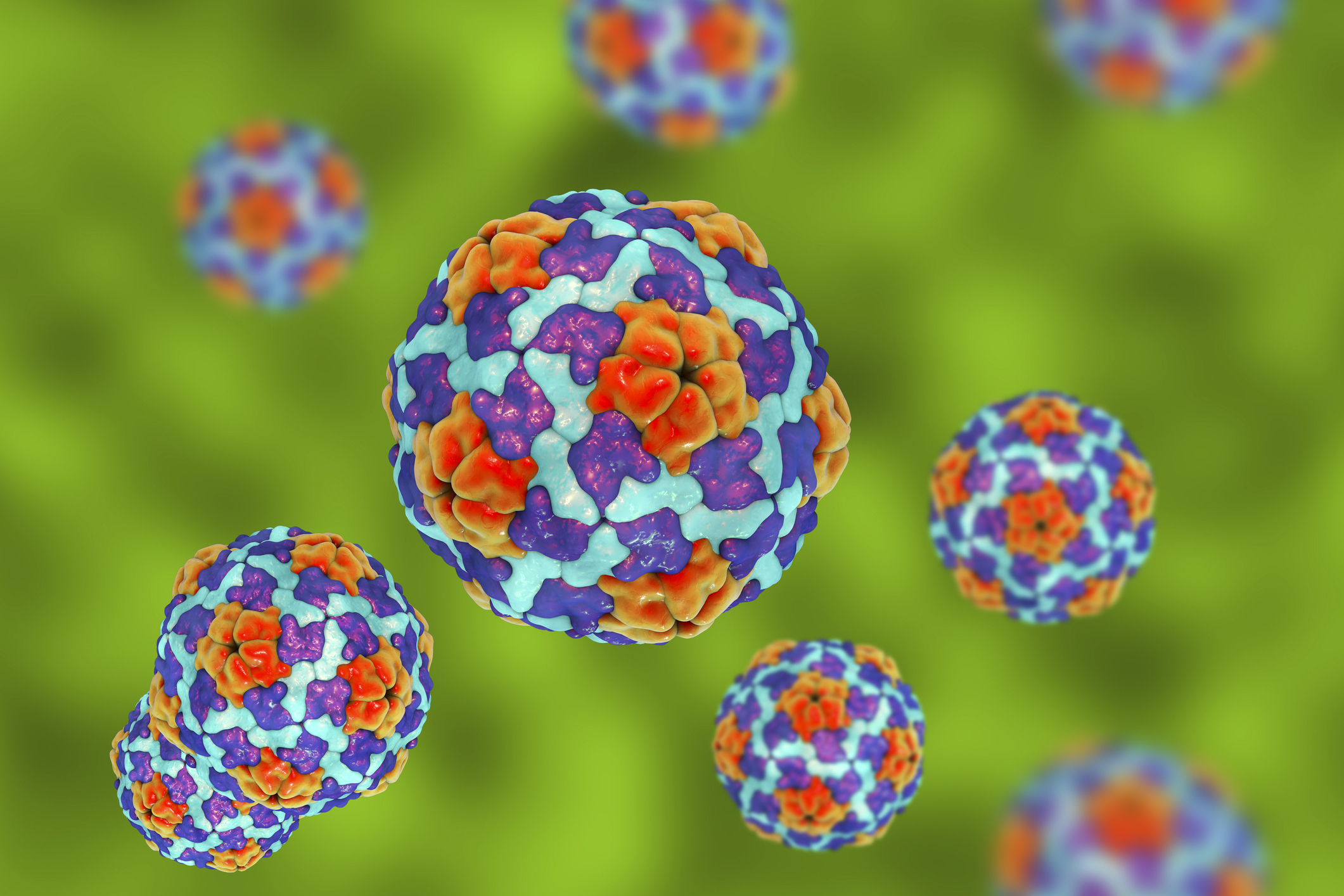Hepatitis A Outbreak - Could I Be At Risk?
- Category: Diseases & Conditions, Primary Care, Health & Wellness
- Posted On:
- Written By: Baton Rouge General

The numbers are alarming. In just one week, there were 73% more new cases of hepatitis A than in an entire non-outbreak year in Louisiana. Livingston and East Baton Rouge Parishes have the two highest counts out of the 352 cases statewide.
What is Hepatitis A?
Hepatitis A is a highly contagious infection caused by the hepatitis A virus and mainly affects the liver. Mild cases don't require treatment, and almost everyone who gets it makes a full recovery. In June, the Louisiana Department of Health said 60% of those affected had to be hospitalized, so it is definitely good idea to be educated about your risk and what to do if you are exposed.
Symptoms include:
- Fatigue
- Sudden nausea and vomiting
- Abdominal pain or discomfort
- Clay-colored bowel movements
- Loss of appetite
- Low-grade fever
- Dark urine
- Joint pain
- Jaundice
How is Hepatitis A Transmitted?
You're most likely to get hepatitis A from contaminated food or water or from close contact with a person or object that's infected. Last month, the FDA recalled frozen berries after identifying they may be contaminated with hepatitis A. Oftentimes, it could be as simple as an infected person not washing his or her hands properly after using the restroom.
Anyone can get hepatitis A, but certain groups are more at risk: people who misuse drugs, work in a child care setting or have a blood-clotting disorder.
What Can Be Done to Prevent Hepatitis A?
Hepatitis A is preventable with a vaccine, which provides 95% coverage for at least 10 years. Most children born after 2006 were vaccinated soon after birth.
As for adults, you should definitely get vaccinated if you’re in an at-risk group or have come into contact with someone in this group. Even if you’re not in the at-risk population, you should still consider getting the vaccine especially in an outbreak year. Discussing it with your doctor is a good place to start.
If you think you were exposed to hepatitis A, the Centers for Disease Control and Prevention recommends getting the vaccine within two weeks. Because it is caused by a virus, your body will likely create antibodies as a response to an acquired infection, to fight it off. That means once you’re exposed and have those antibodies you’ll build immunity and be less likely to get hepatitis A again.
Otherwise, practicing good hygiene, like washing your hands frequently, is one of the best ways to protect yourself.

